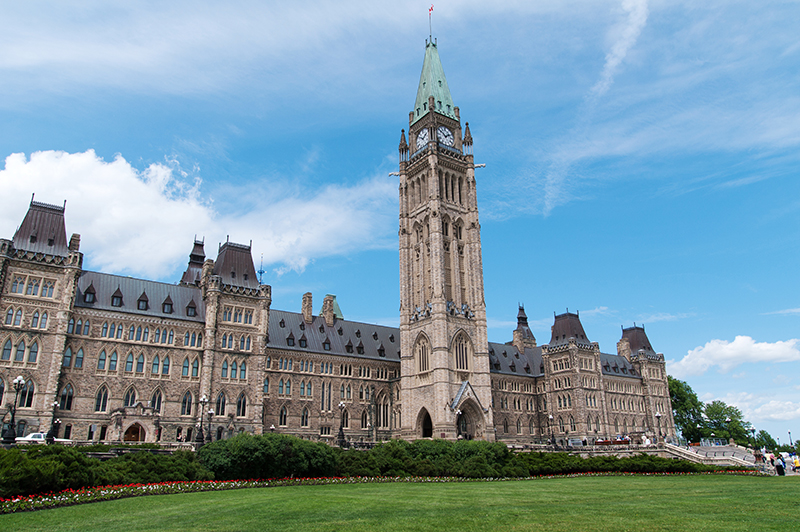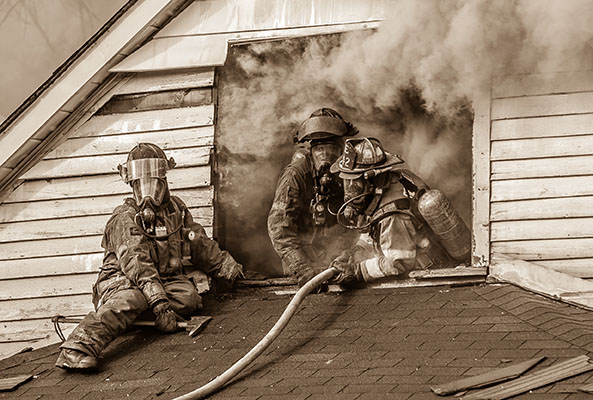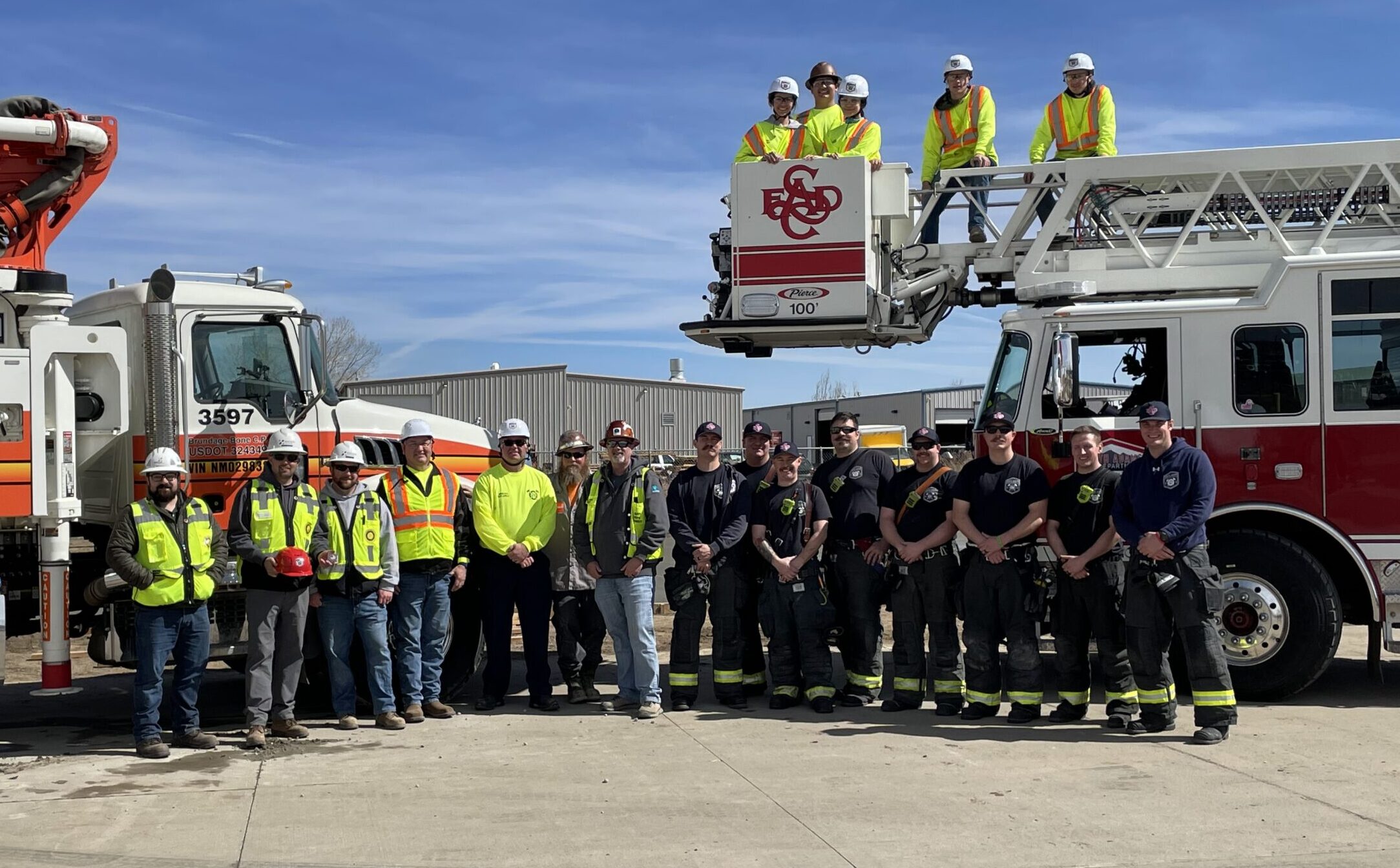The IAFF’s political action efforts in Canada have led to two major advances in fire fighter safety.
On August 11, the Canadian government announced an action plan to reduce the harm that chemical flame retardants pose to the nation’s fire fighters.
On the same day, the Canadian Commission on Building and Fire Codes finalized new language for the 2020 edition of the National Building Code that finally recognizes the unique roles fire fighters play during residential structure fires and the need to incorporate fire fighter safety in building design.
“August 11 was a great day for fire fighter safety in Canada, and yet another illustration that our political action efforts pay off,” says IAFF Assistant to the General President for Canadian Operations Scott Marks. “We’re grateful to the Liberal government for responding to fire fighters’ safety needs yet again and to our members across Canada who tirelessly lobbied these issues at our Canadian Legislative Conference.”
The IAFF has been raising the dangers of chemical flame retardants at the federal level in Canada since 2007, and garnered support from MPs from all political parties at Canadian legislative conferences as recently as May of this year. Other advocacy on the issue has included Victoria, BC Local 730, which worked closely with the Environmental Law Centre on a report about the dangers of chemical flame retardants that made national news and helped advance the issue on a national level. While certain chemical flame retardants are known to pose numerous health risks to Canadians, fire fighters are at an increased risk of harm because they encounter them in a combusted state in the course of their duties.
Announced jointly by Minister of Environment and Climate Change Jonathan Wilkinson, Minister of Health Patty Hajdu and MP Terry Beech (Burnaby North, BC), the action plan includes a ban on harmful chemical flame retardants, support for the development of safe alternatives, research and monitoring to assess exposures, the identification of practises and personal protective equipment (PPE) improvements to reduce harm to fire fighters and the sharing of information and awareness.
The IAFF has lobbied for the inclusion of fire fighter safety in the building code since 2005 when the code was changed to an objective-based format, but fire fighter safety was not made an objective as expected. The omission meant designers and builders didn’t have to incorporate fire fighter safety, and stakeholders like the IAFF could not use fire fighter safety as a basis for a code change request. While the recent change stops short of adding a fire fighter safety objective, it’s an important first step and a recognition that fire fighters can’t be viewed the same as the general public during a residential house fire.
These announcements were the latest in a number of important advances on public and fire fighter safety issues achieved since the Liberal government was first elected in 2015. In response to IAFF lobbying, the Liberals established a national action plan on first responder mental health with the IAFF as a key stakeholder and established the Memorial Grant Program for First Responders, which has provided a total of $41.7 million to the families of 139 Canadian IAFF members who have died in the line of duty since April 1, 2018.
On August 15, Prime Minister Justin Trudeau called a federal election that will take place on September 20. While remaining non-partisan, the IAFF will be exercising its right to be politically active and engaging members and the public with a registered Third-Party initiative called Fire Fighters for Canada 2021.
Through social media and other means, Fire Fighters for Canada 2021 will strive to educate members and the public about federal political parties’ past and current positions on fire fighter and public safety issues, as well as issues affecting union members and working families.



